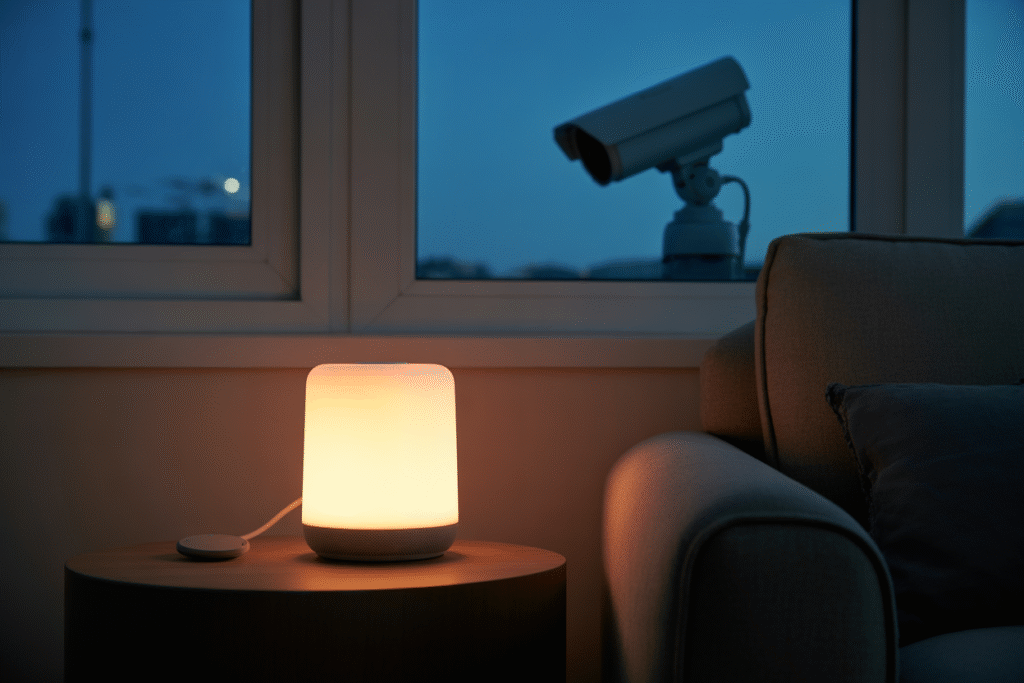A viral video from RFK Jr. claims Siri and Alexa double as CIA spies. Should we be terrified or skeptical?
What if the friendly voice that sets your timer and plays your playlist were also feeding an intelligence agency every word you breathe? That’s exactly the firestorm Robert F. Kennedy Jr. ignited this weekend with a resurfaced clip now racing across X. Privacy watchers and skeptics are duking it out online, and the stakes feel personal for anyone with a smart speaker on the nightstand. Here’s what we uncovered—and why it matters to your digital life.
The Spark That Lit The Fire
Overnight, a 2019 video of RFK began re-circulating with fresh captions and a hashtag—#SurveillanceStateInPlainSight. In it, Kennedy doesn’t just criticize Big Tech; he draws a straight line from Silicon Valley to Langley, arguing that voice-assistant data flows directly to the CIA. The clip’s timing felt perfect—right as Apple’s new iOS privacy update hit headlines and conspiracy chatter was peaking after a summer of deep-fake scandals.
Within hours the post cracked 300k views, racking up thousands of retweets split cleanly between “I told you so!” and “Citation needed.”
How Smart Speakers Could Become Trojan Horses
Think about your daily rhythm. You ask Alexa for the weather, Siri for directions, Google for a lullaby. These moments feel harmless—tiny conveniences. Kennedy’s point: each request is timestamped, voice-printed, and geotagged before it ever reaches the cloud.
• Voice snippets can be subpoenaed in court
• Accent analysis can reveal ethnicity or mental state
• Device IDs link to every other account you own
If agencies wanted a 24/7 audio diary of millions of Americans, smart speakers would be the cheapest wiretap ever built.
But is any of this proven? Security researchers have found accidental activations, sure. Still, zero leaked memos confirm routine funneling to the CIA. Yet absence of evidence fuels the fear cycle—especially when whistleblower claims from 2013 already showed the NSA piggy-backing on tech giants.
The Real Battle Between Security and Privacy
Ask a national-security hawk and they’ll shrug. “Metadata keeps us safe,” they say, citing foiled bomb plots and ransomware rings dismantled via digital breadcrumbs. They paint a picture of AI surveillance ethics as a necessary evil—balancing civil liberties against mass casualty events.
Privacy campaigners fire back with horror stories. Wrong-door SWAT raids based on faulty geofence data, journalists detained at airports after mispronounced keywords, Muslim communities over-policed thanks to algorithmic profiling. To them, the question isn’t whether the CIA listens now; it’s what happens when AI tools become so cheap any town’s police chief can start listening tomorrow.
Caught in the middle: you, me, and 150 million smart-speaker owners who never signed up to be foot soldiers in an invisible war.
Five Ways to Reclaim Your Peace of Mind
You don’t have to toss every gadget into Boston Harbor. Instead, treat this controversy as a wake-up call.
1. Mute the mic: Most devices have hardware switches—use them during sensitive conversations.
2. Purge old clips monthly via your Amazon, Apple, or Google privacy dashboard.
3. Opt-out of human review: All three vendors now let you forbid workers from grading your audio.
4. Split the ecosystem: Keep one assistant for music, another for smart-home timers—no single profile holds the whole picture.
5. Vote with updates: Download firmware the day it drops; patches often plug newly discovered leaks.
Bottom line: AI surveillance risks exist, but so does your ability to push back. The next privacy scandal is brewing—will you wait for it to explode or start locking the gate now?


